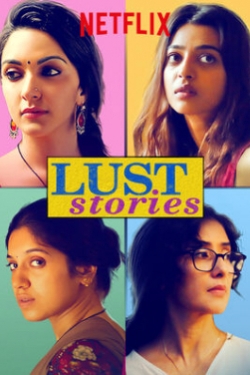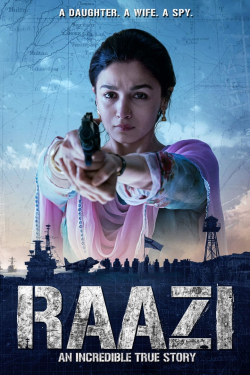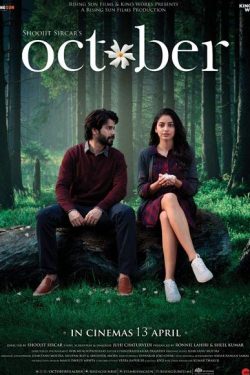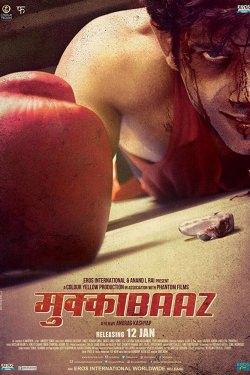Mayank Shekhar
Top Rated Films
Mayank Shekhar's Film Reviews
-
Completely without context, the filmmakers slip in for us spiels after spiels on Indo-Pak bonhomie, idea of ‘Indianness’ over ‘western culture’, rhetoric on women’s empowerment, cricket’s frenzy, and a dumpling on small town aspirations. You sit and wonder.
-
Bhansali carefully chose his leading couple from the mom-and-pop store movies in Mumbai get made from. The move made commercial sense. He gives them instead much less scope to prove any skills. Ranbir spends most of his screen-time a self-aware drama-king. Sonam remains forever a dimpled, grinning portrait of awkward reticence that’s passed off for feminine charm.
The picture itself then is merely a post-card, where every passionate aspect draws attention to itself, but the protagonists, or their intimate story.
-
In journalism, stories, if confirmed, are true; if not, they stay rumours. This movie-fantasy, according to its poster, belongs to a vague genre called “true rumours”. Whatever that means to films, the case of bad journalism is evident in the conclusion. Friendly to the source, the film, having glorified the Mafia thus far, verbally argues for encounters as a way to deal with deadly criminals. You know the juvenile world-view then. And by now, you know the rumour part was actually the hype around this flick.


















